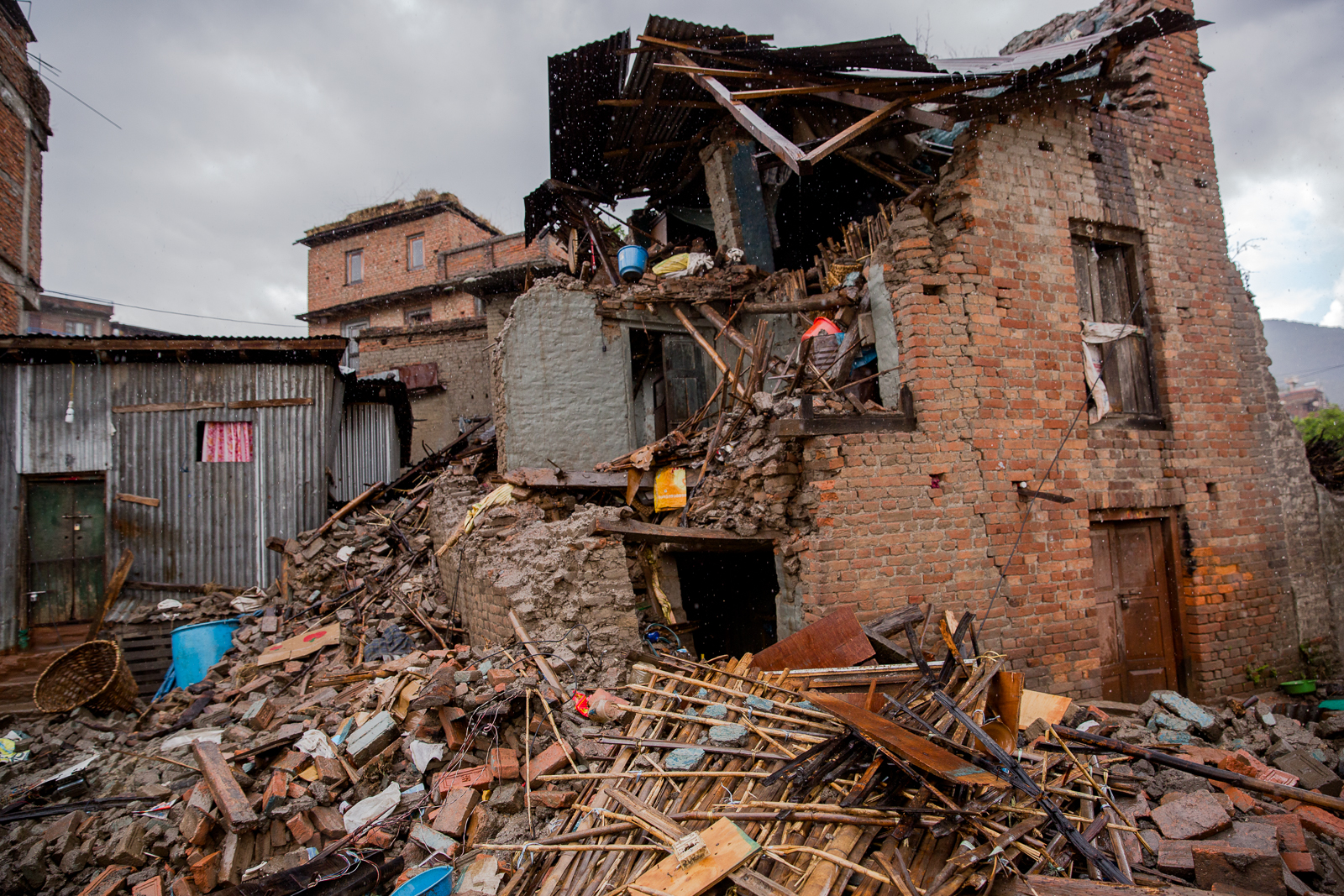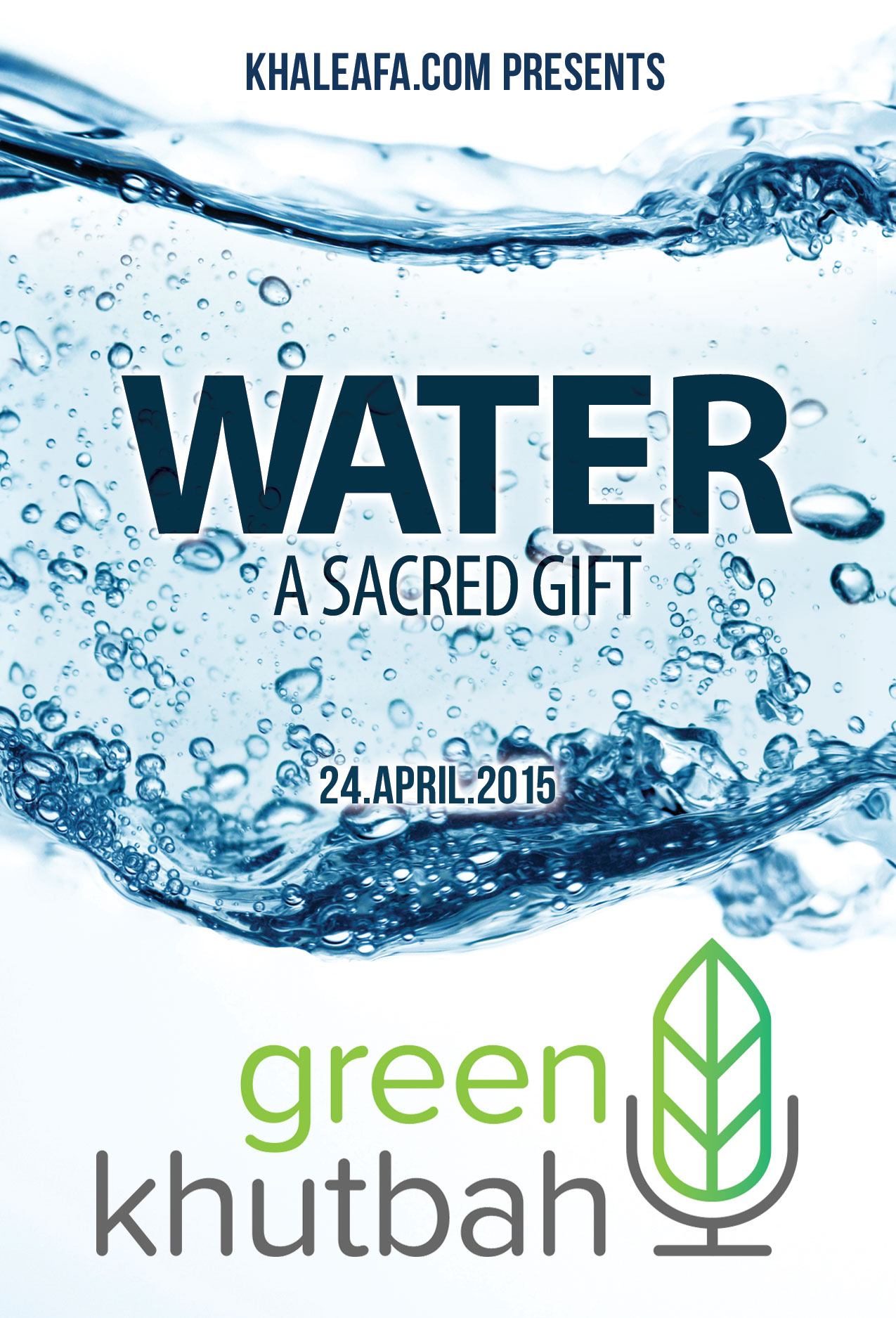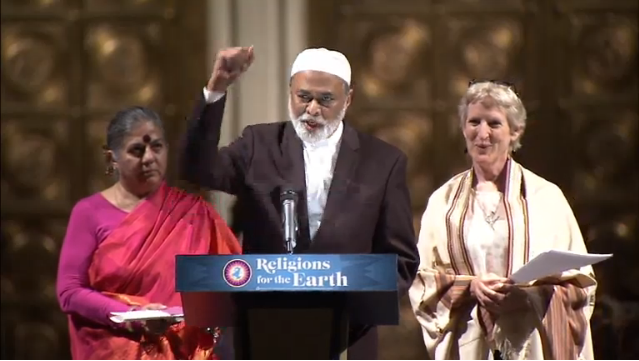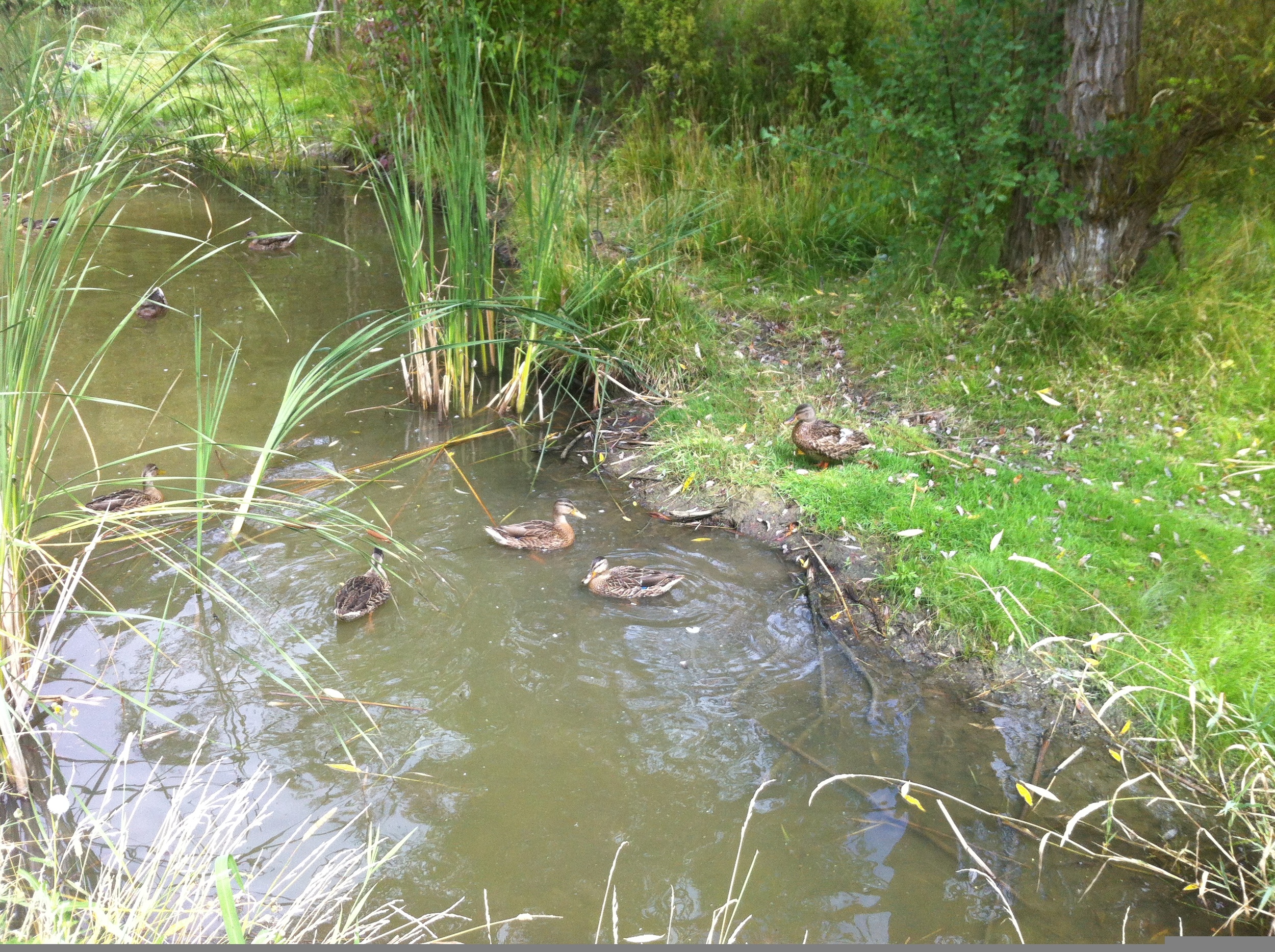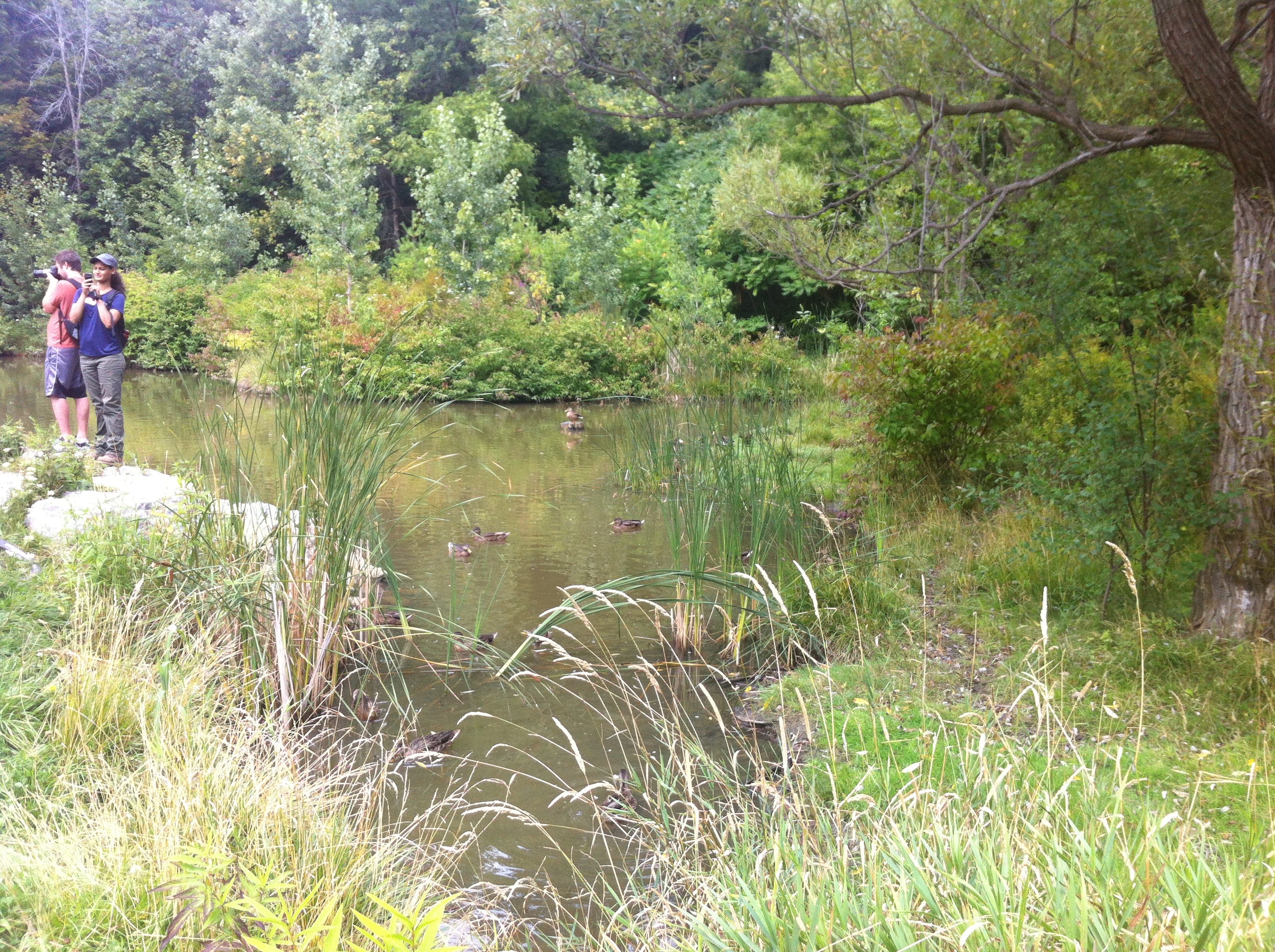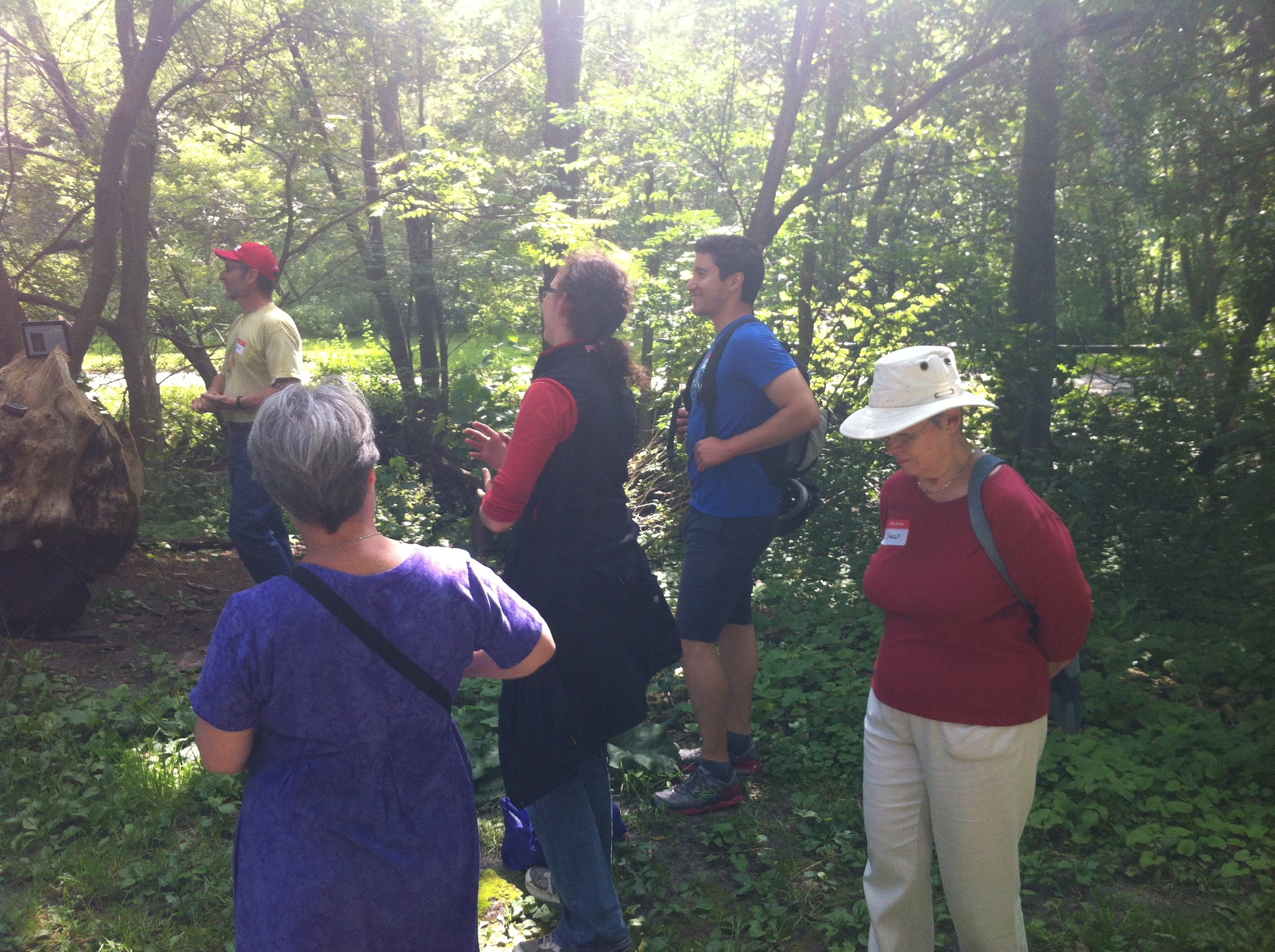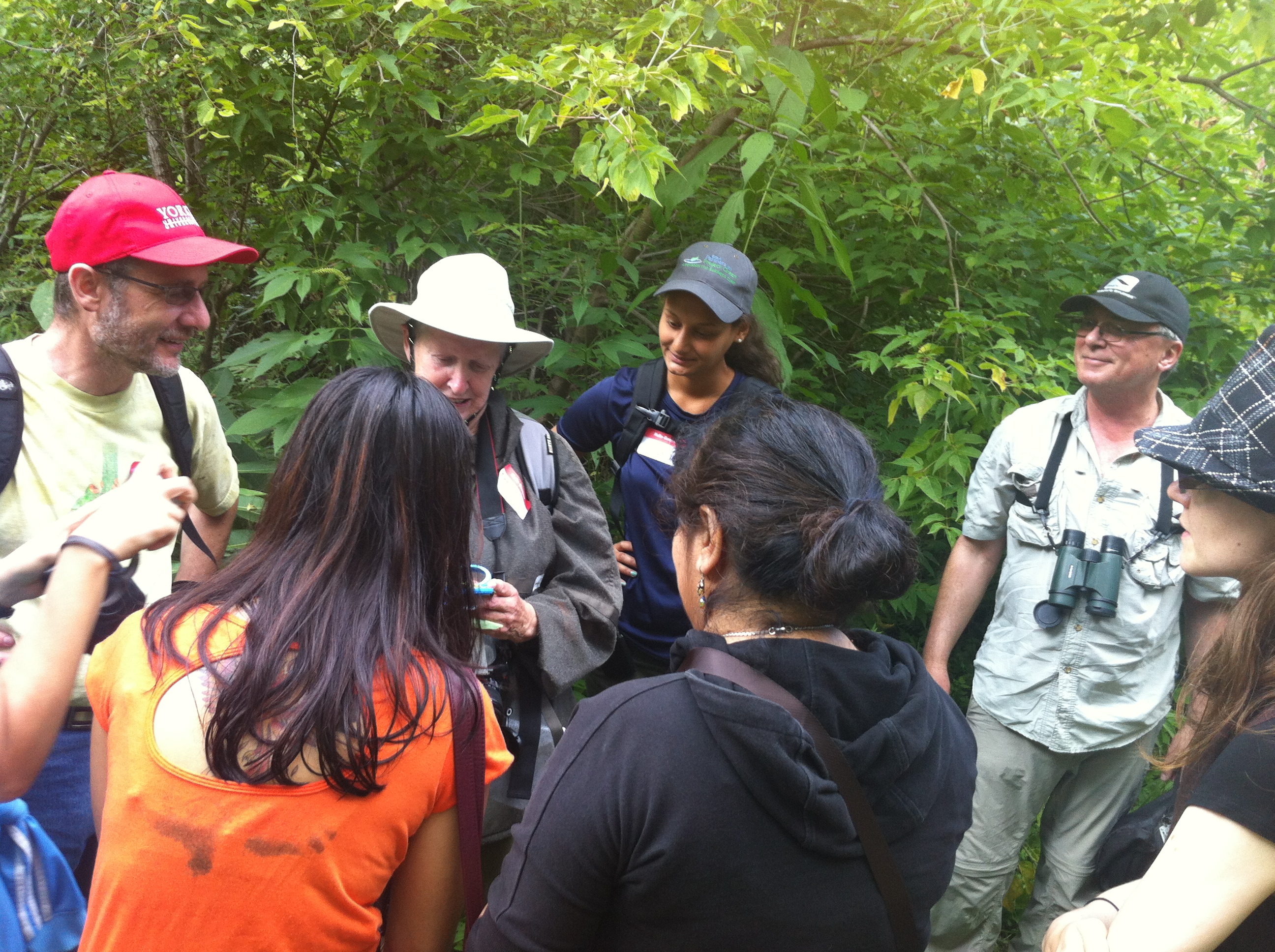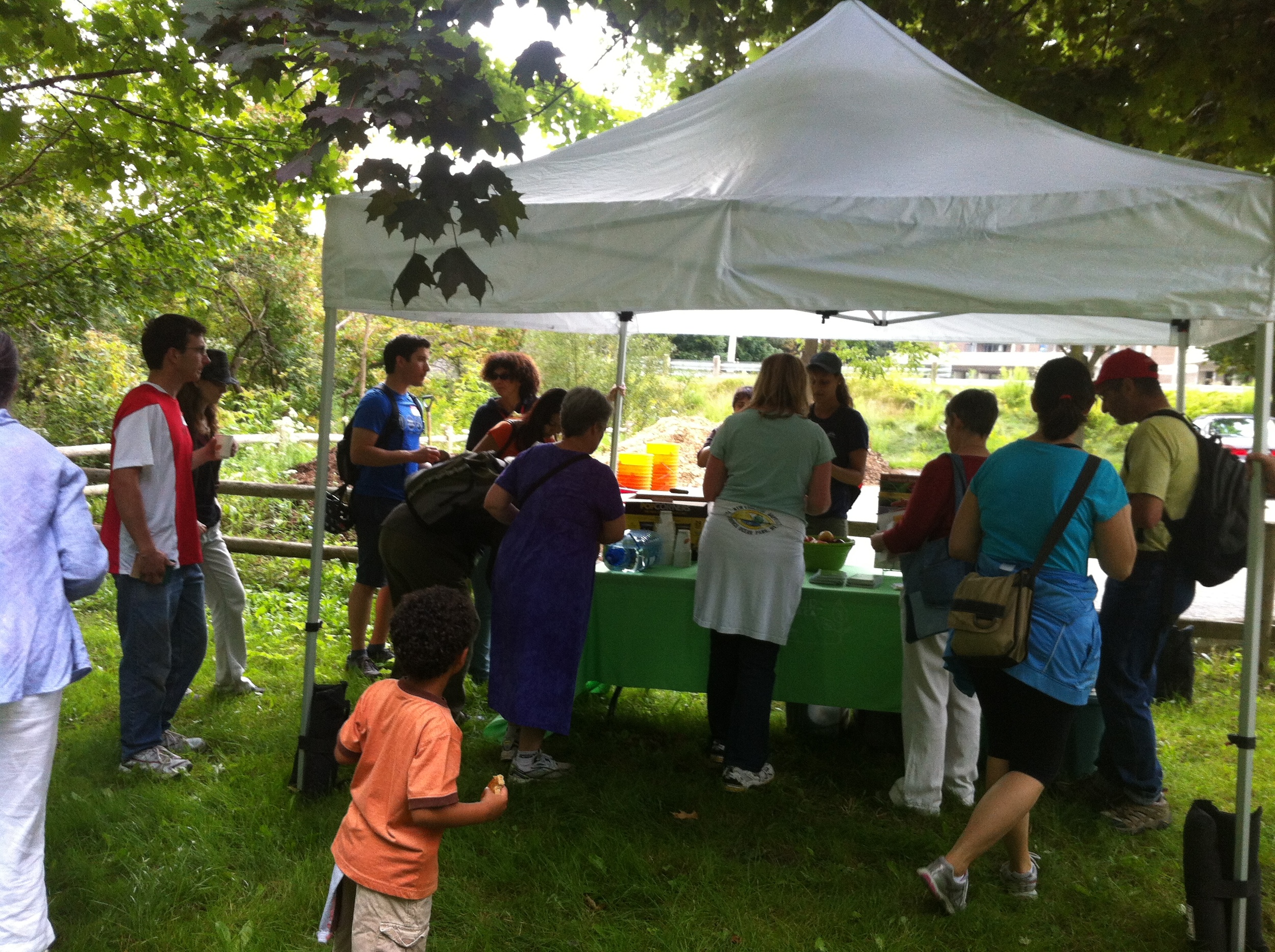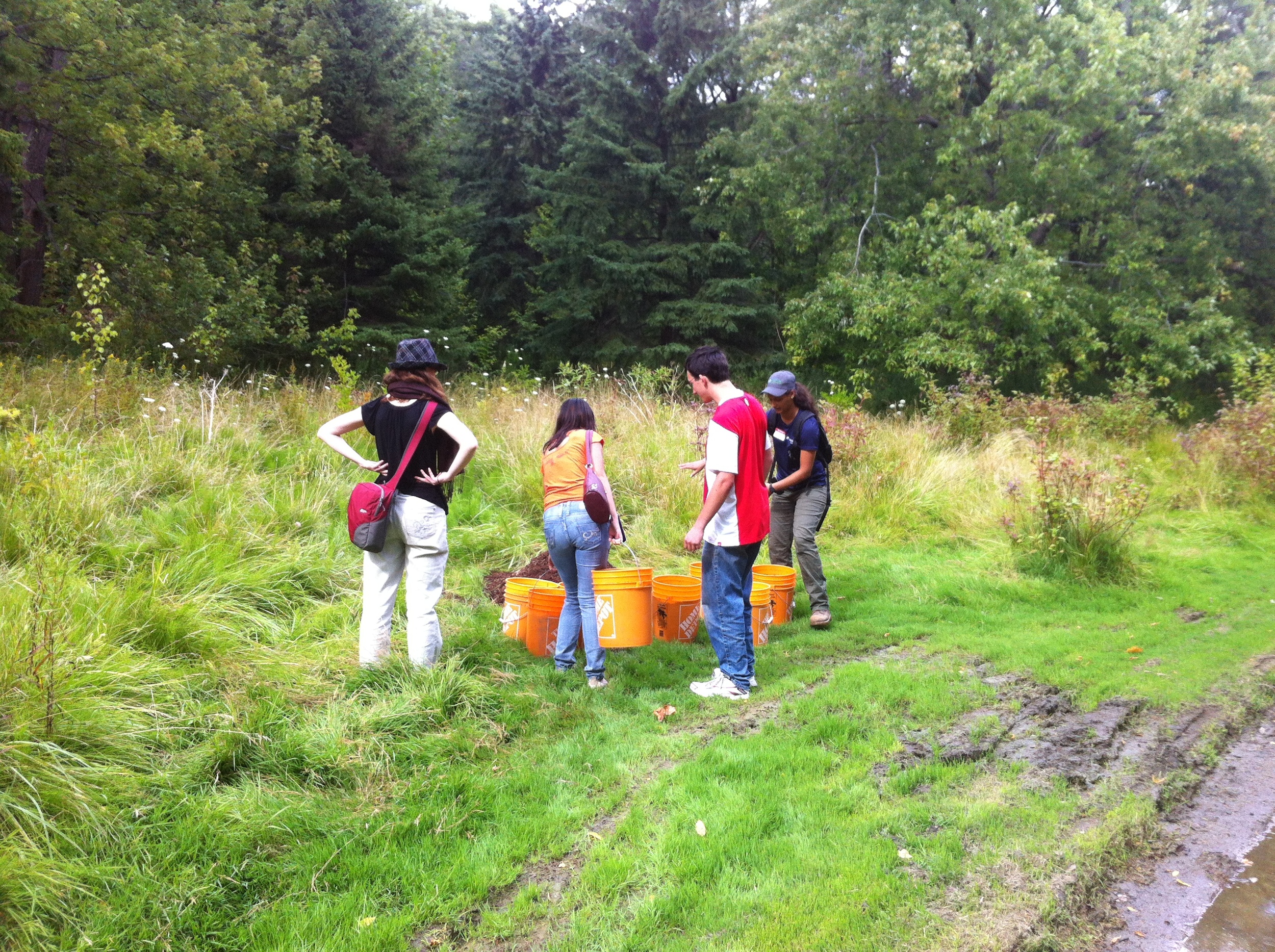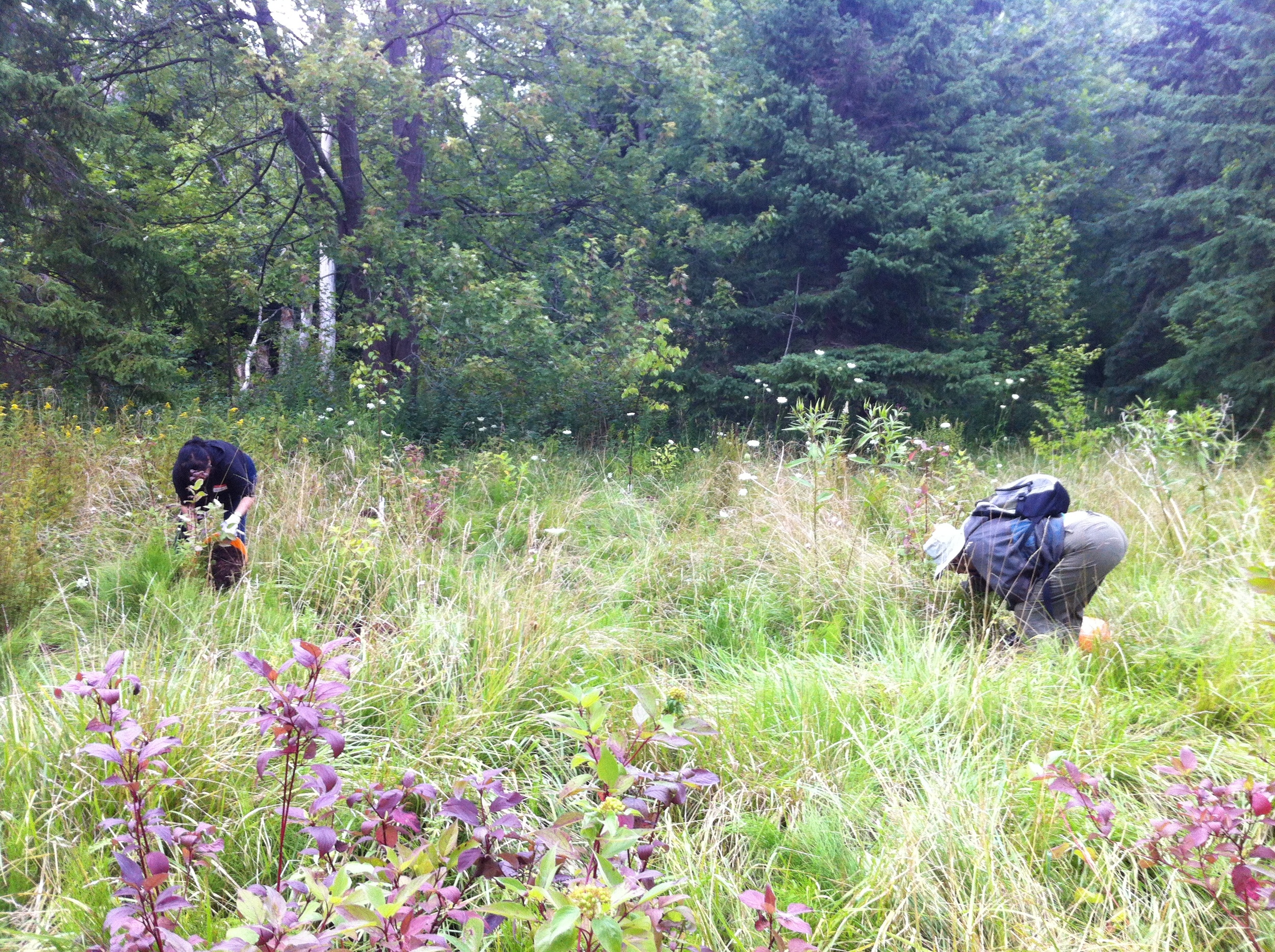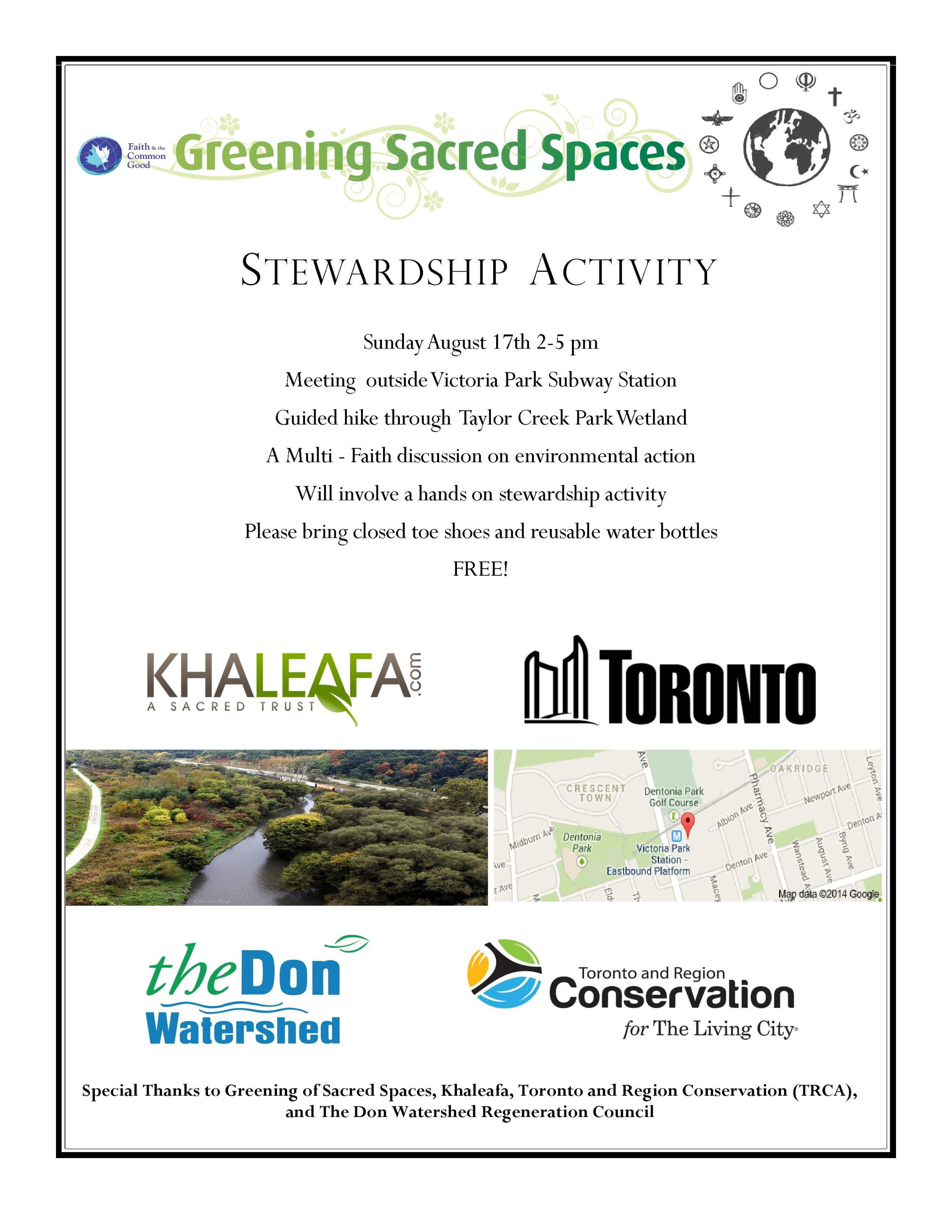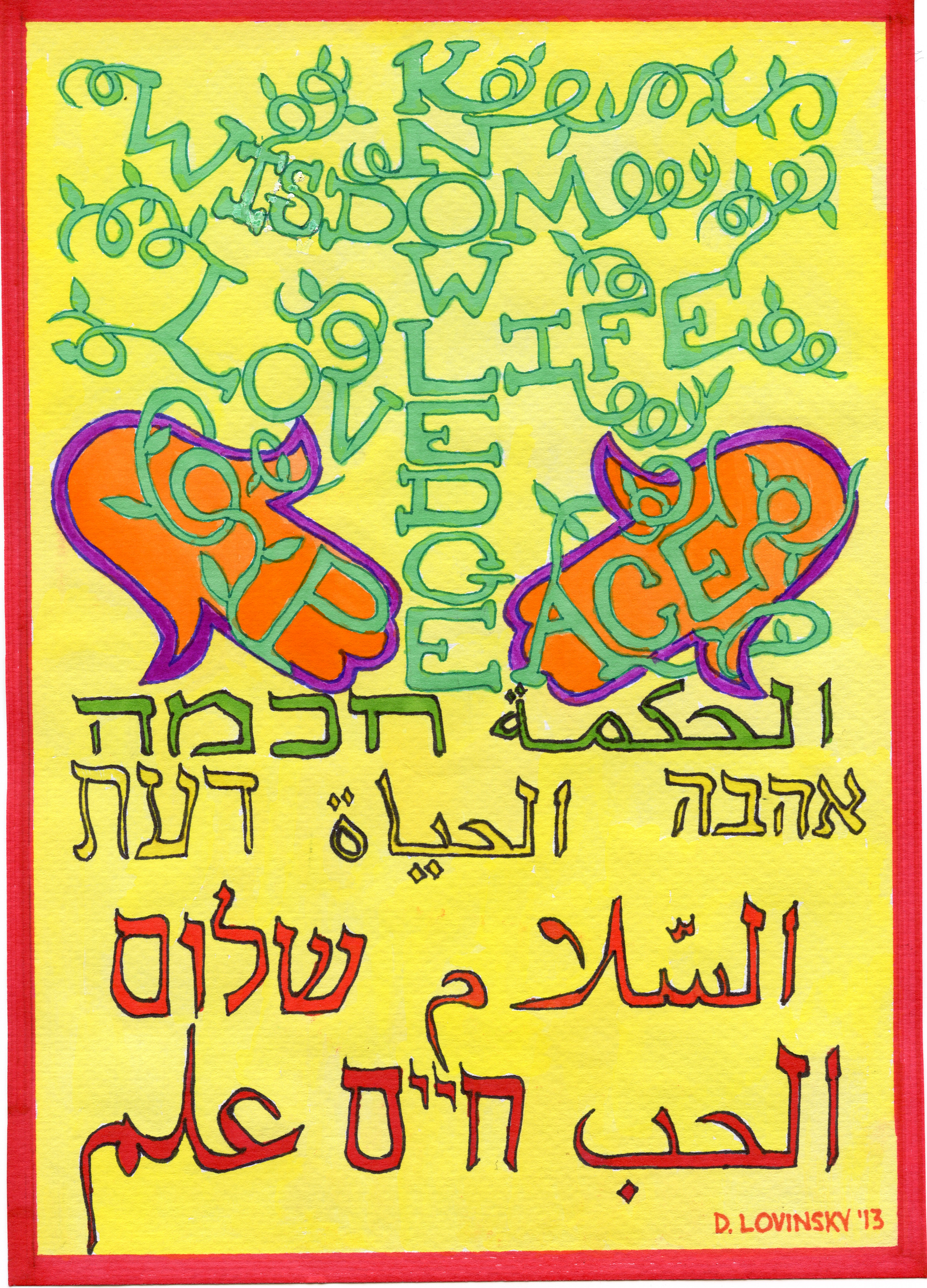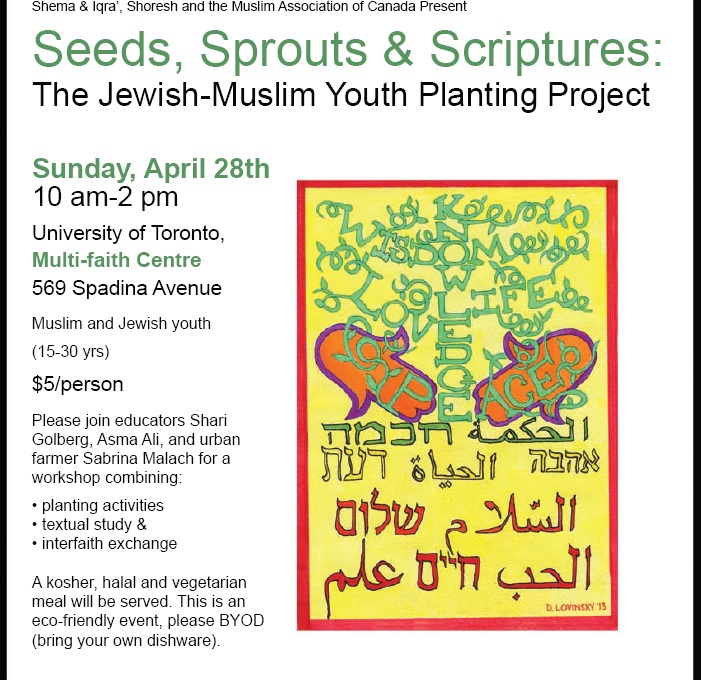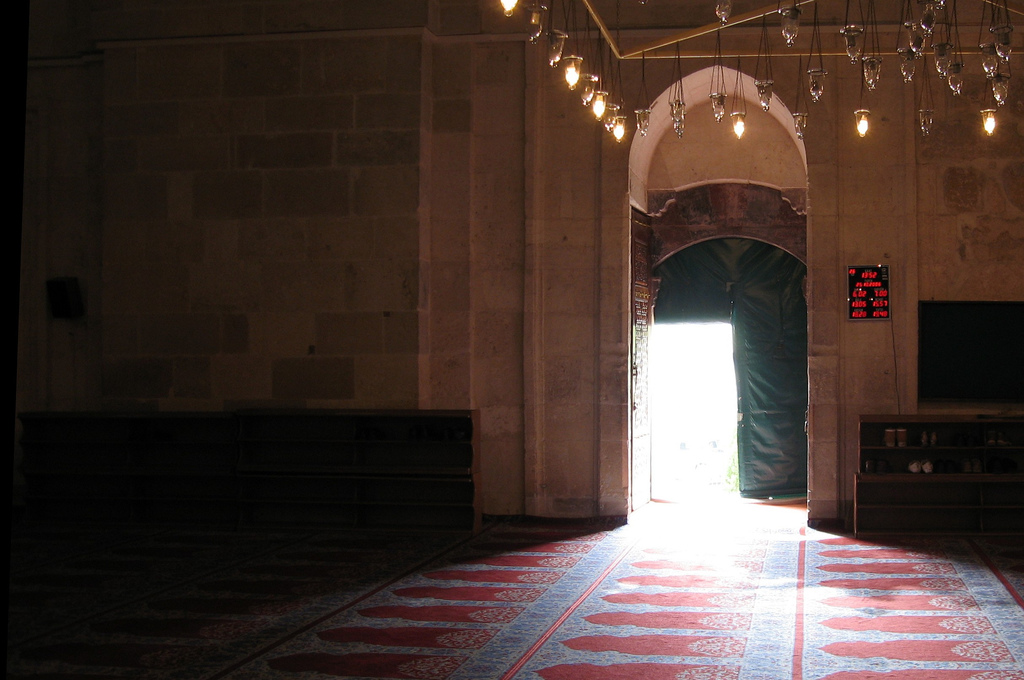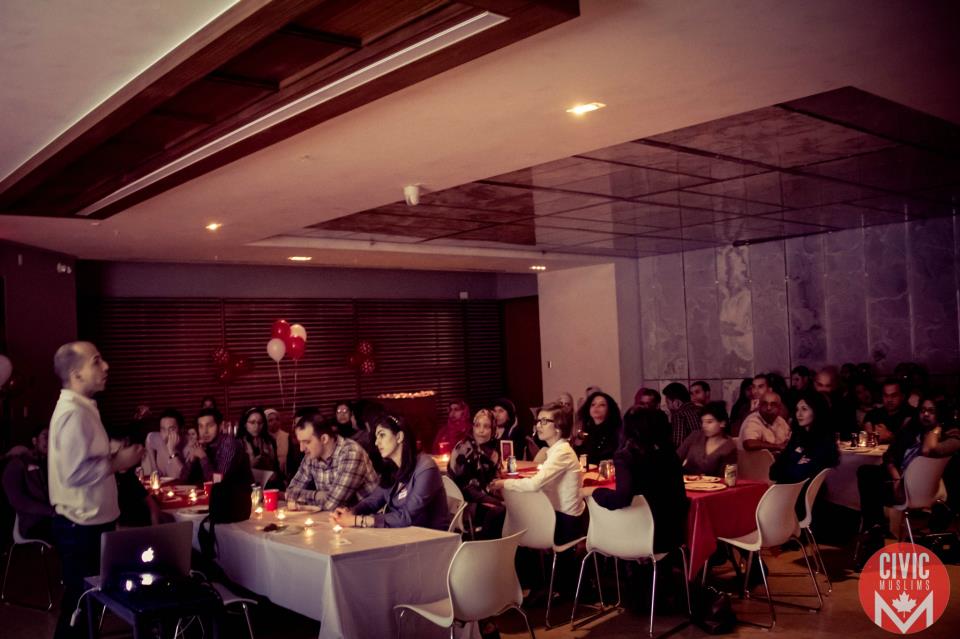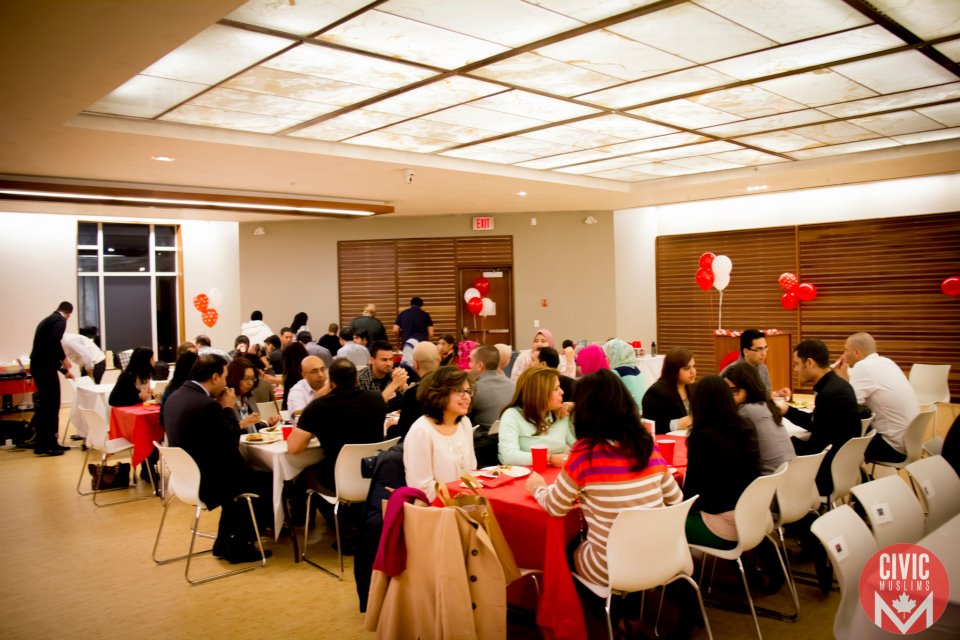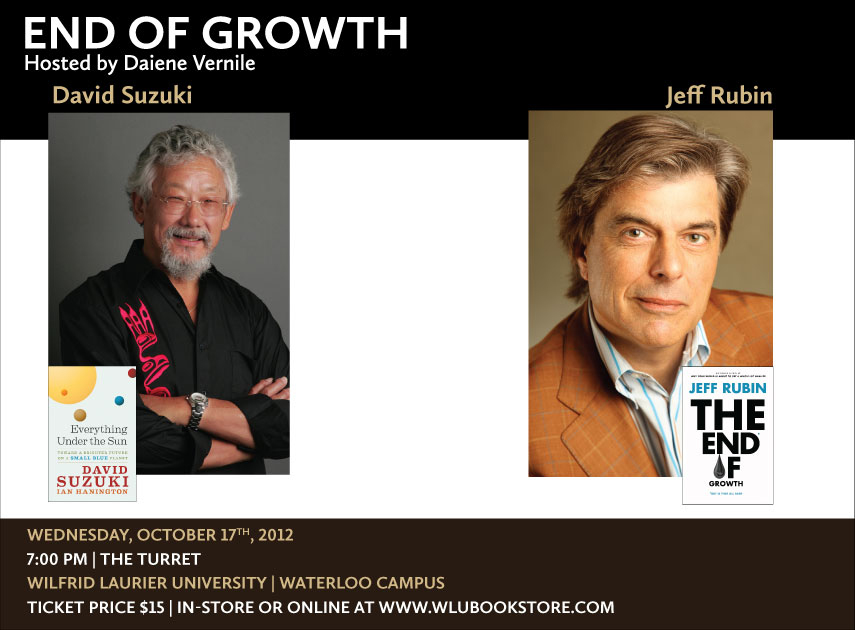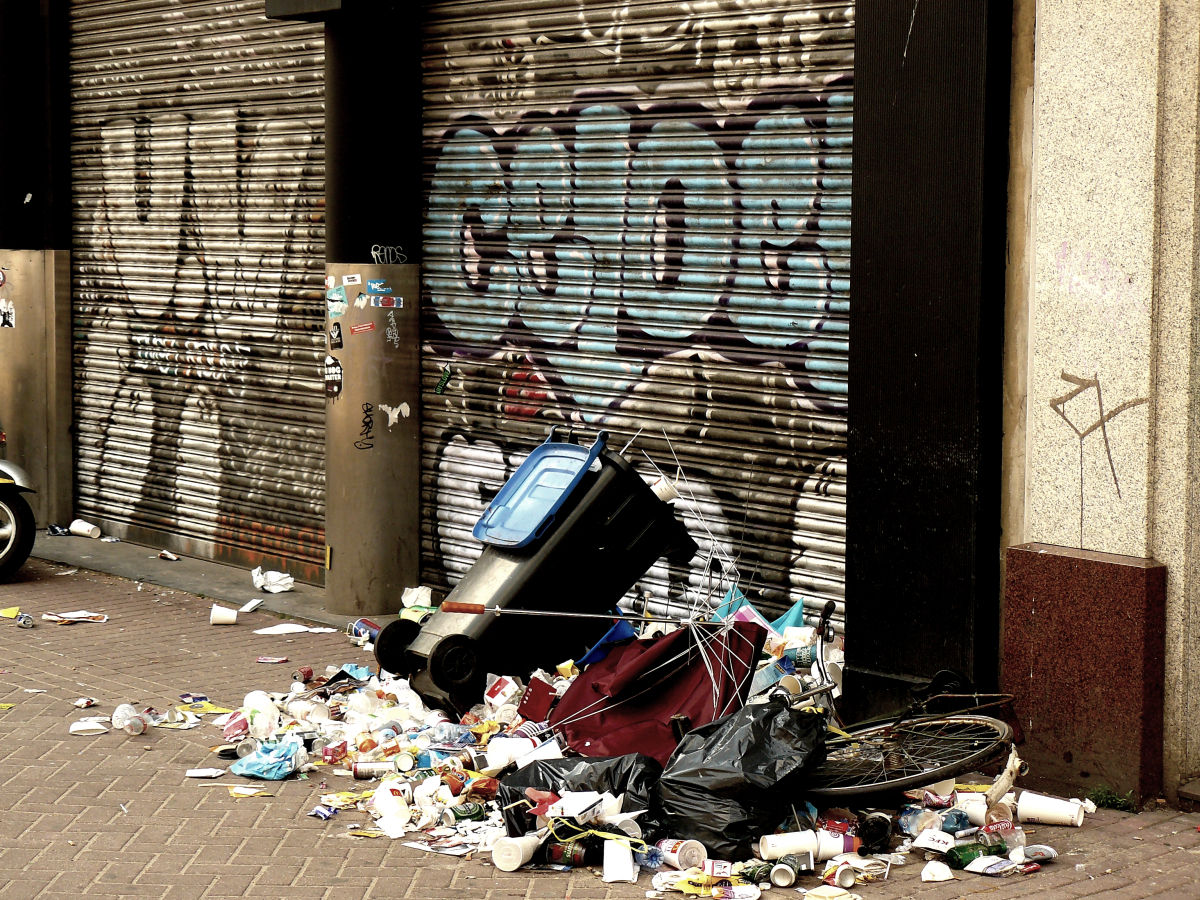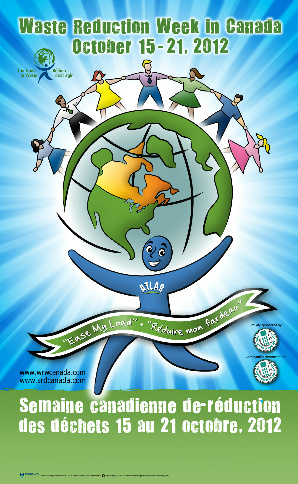Muslims across the world to celebrate Earth Day with Green Khutbah Campaign
TORONTO, April 11, 2016 - Muslims across the world will commemorate Earth Day on Friday, April 22nd, 2016 with the Green Khutbah Campaign as religious leaders deliver a sermon to raise awareness on the environmental challenges facing humanity.
“We are encouraging mosques, schools, universities and Islamic Institutions to devote their Friday Khutbah to celebrate the blessings, graces and beauty of all of God’s creation and to raise awareness on the environmental challenges facing humanity,” said Muaz Nasir, the publisher of the Canadian environmental website, Khaleafa.com and one of the founders of the Campaign.
“This year the theme of the Green Khutbah Campaign is ‘Climate Change: Working Together to Solve a Global Challenge’ whereby we encourage Muslims to evaluate their contribution towards global warming and consider the implications for current and future generations,” Nasir added.
The Campaign was launched in 2012 in Canada and, every year, Imams across the world are encouraged to deliver a message that remind their congregations of the Qur’anic message to be stewards of the earth and its environment.
The Green Khutbah Campaign commemorates Earth Day that will take place on Friday, April 22.
The first Earth Day, held on April 22, 1970, activated 20 million Americans from all walks of life and is widely credited with launching the modern environmental movement.
More than 1 billion people across the world now participate in Earth Day activities each year, making it the largest civic observance in the world.
“Leading climate scientists now believe that a rise of two degrees centigrade in global temperature, which is considered to be the “tipping point”, is now very unlikely to be avoided if we continue with business-as-usual; other leading climate scientists consider 1.5 degrees centigrade to be a more likely “tipping point””, according to the Islamic Declaration on Global Climate Change released last year.
“This is the point considered to be the threshold for catastrophic climate change, which will expose yet more millions of people and countless other creatures to drought, hunger and flooding. The brunt of this will continue to be borne by the poor, as the Earth experiences a drastic increase in levels of carbon in the atmosphere brought on in the period since the onset of the industrial revolution.”
Muaz Nasir says that Muslims cannot tune out from the environmental damage.
“Tuning out would mean that we are disregarding our moral responsibility to God’s creation,” he said.
“Those who violate or abuse the Trust are described in the Qur’an as those who corrupt, degrade and bring ruin on earth,” Muaz Nasir added. “The corrupters abuse the Trust and are in clear contrast to what Muslims must be - the stewards of the earth.”
An extensive online resource has been created by Khaleafa.com (www.Khaleafa.com/greenkhutbah) to support the Green Khutbah Campaign and Islamic organizations and well-known leaders are throwing their support behind the initiative.
##
For more information, photos or to arrange an interview please contact:
Umar Nasir,
Media Relations, Green Khutba Campaign
e: http://khaleafa.com/contact









